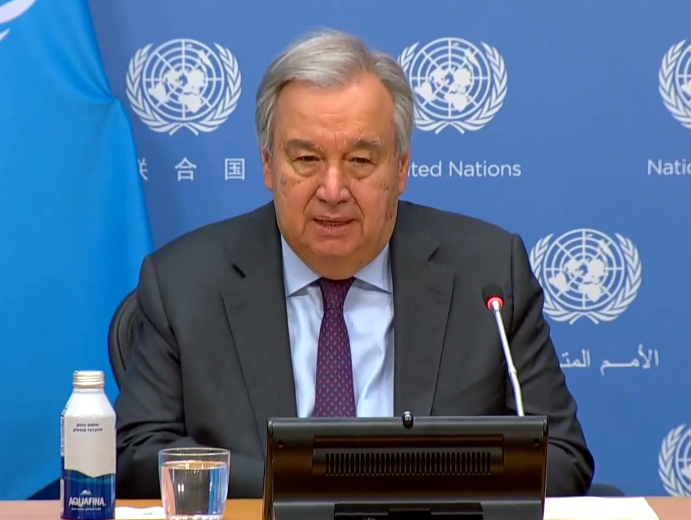The 193 Member States of the UN have adopted a legally binding agreement on marine biodiversity, following nearly two decades of fierce negotiations.
The agreement will give the high seas protection from such destructive trends as pollution and unsustainable fishing activities, covering five main areas: jurisdiction, pollution, sustainable fishing, ocean warming and management.
The treaty aims at strengthening resilience and contains provisions based on the polluter-pays principle as well as mechanisms for disputes. Under the treaty’s provisions, parties must assess potential environmental impacts of any planned activities beyond their own jurisdictions too.
With more than 17 million metric tonnes of plastic entering the world’s ocean in 2021, making up 85 per cent of marine litter, projections see this level double or triple each year by 2040, according to the latest Sustainable Development Goals (SDG) report unless acti9on is taken.
The agreement will also cover global fish stocks, underlining the importance of capacity building and the transfer of marine technology, including the development and strengthening of institutional capacity and national regulatory frameworks or mechanisms.
On ocean warming the treaty offers guidance, including through an integrated approach to ocean management that builds ecosystem resilience to tackle the adverse effects of climate change and ocean acidification, and maintains and restores ecosystem integrity, including carbon cycling services.
The new agreement will also enable the establishment of area-based management tools, including marine protected areas, to conserve and sustainably manage vital habitats and species in the high seas and the international seabed area.
Latest News
-
Airport hands local charities and groups £100,000 over last year
-
Private health provider awards £10,000 to arthritis research team
-
Building Society hands out £1m to tackle inequality
-
Premier League and Comic Relief partnership aims to improve children’s mental health
-
Russell Hobbs launches food poverty campaign in schools
-
Tottenham Hotspur and charities launch film to tackle mental health stigma
© 2019 Perspective Publishing Privacy & Cookies







Recent Stories